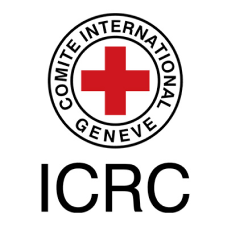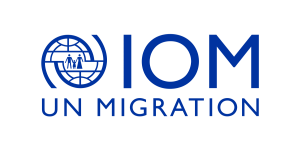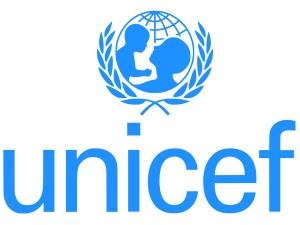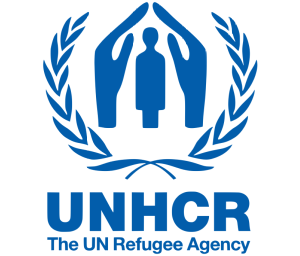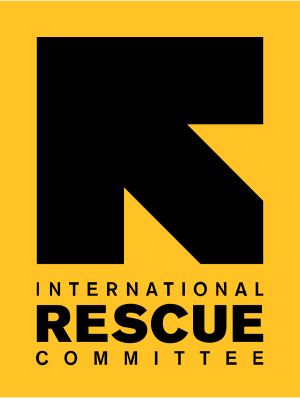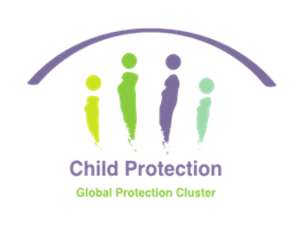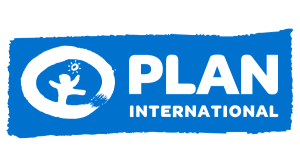
Led By: International Rescue Committee and Save the Children
Contact us at: uasc.tf@alliancecpha.org
Our Mission
To enhance the protection of UASC in situations of conflict and natural disaster, through strengthening and harmonising both prevention and response to family separation and the needs of UASC in terms of Family Tracing and Reunification, as well as temporary care while durable solutions are pursued.
Download our updated Offer of Support here.
Key Priorities of the UASC Task Force
- Ensure that technical standards and tools for UASC programming reflect the latest evidence and feedback from all relevant actors, including other sectors and local partners.
- Increase the ability of actors at all levels and contexts, particularly local actors, to access existing technical tools and knowledge on UASC in humanitarian contexts.
- Facilitate the coordination, participation, and contributions of all UASC TF members as well as efficient collaboration between other groups and entities internal and external to he Alliance.
- Provide timely responses to all questions and issues addressed to the UASC TF.
- Support a hybrid approach to learning—prioritising face to face regional workshops where possible while also organising virtual trainings—to strengthen localised capacity, foster peer to peer exchange, and deepen practitioner connections across contexts.
Latest News
الرعاية البديلة في حالات الطوارئ دراسة استقصائية حول الاحتياجات والأساليب والثغرات

المنظمات الأعضاء في فريق العمل
Key Tools
مجموعة الأدوات الخاصة بالأطفال غير المصحوبين والمنفصلين عن ذويهم

تأتي مجموعة الأدوات هذه تتويجاً لجهود مجموعة العمل المشتركة بين الوكالات والمعنية بالأطفال غير المصحوبين والمنفصلين عن ذويهم (IAWG UASC)، وقد تم إنتاجها بالتزامن مع الدليل الميداني للأطفال غير المصحوبين والمنفصلين عن ذويهم لعام 2016. في عام 2004، أرست المبادئ التوجيهية المشتركة بين الوكالات بشأن الأطفال غير المصحوبين والمنفصلين عن ذويهم المبادئ الأساسية، والفريدة من نوعها في ذلك الوقت، للعمل مع
كتيب ميداني للأطفال غير المصحوبين والمنفصلين عن ذويهم

هذا الكتيب الميداني هو نتاج مجموعة العمل المشتركة بين الوكالات المعنية بالأطفال غير المصحوبين والمنفصلين عن ذويهم (IAWG UASC). تم إنتاجه بالاشتراك مع مجموعة الأدوات الخاصة بالأطفال غير المصحوبين والمنفصلين عن ذويهم ، 2017. في عام 2004 ، أرست المبادئ التوجيهية المشتركة بين الوكالات بشأن الأطفال غير المصحوبين بذويهم والمنفصلين عنهم ، المبادئ الأساسية الفريدة في ذلك الوقت للعمل مع هؤلاء الأطفال. ومع
مجموعة العمل المشتركة بين الوكالات المعنية بالأطفال غير المصحوبين والمنفصلين عن ذويهم (2013) مجموعة أدوات الرعاية البديلة في حالات الطوارئ

تم تصميم مجموعة أدوات الرعاية البديلة في حالات الطوارئ (ACE) لتسهيل التخطيط المشترك بين الوكالات وتنفيذ الرعاية البديلة والخدمات ذات الصلة للأطفال المنفصلين عن أسرهم أو غير القادرين على العيش معها أثناء وبعد حالة الطوارئ. لا يوجد نوع واحد من أماكن الرعاية التي تلبي احتياجات جميع الأطفال. سيكون لكل حالة طوارئ مجموعتها الخاصة من مخاطر الحماية. سيكون للمجتمعات المختلفة معاييرها الفريدة الخاصة بكيفية


